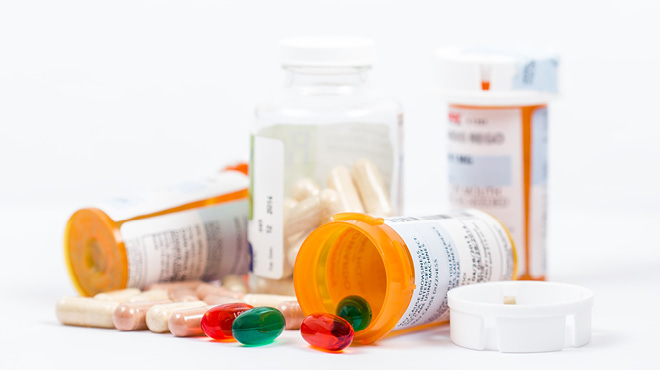This post by Daily Human Care is all about “The way of Disposing Of Medication Safely.”
How should medication that you no longer need or want be disposed of? To prevent it from falling into the wrong hands, do you flush it, throw it away, or wash it down the drain? Unfortunately, improper disposal could result in water system contamination depending on the chemical makeup of the medicine. Human health as well as marine habitats are among the many things that are threatened by this pollution. Here, the problems associated with improper medicine disposal are briefly covered along with some advice on how to prevent them.

Techniques for Disposing Of Medication Safely
It had previously been recommended to adopt these disposal techniques to stop unintentional opiate abuse in adults or children. On the other hand, pharmaceutical chemicals were not meant to be removed from the water when septic systems and water treatment facilities were developed. Around the nation, streams and drinking water have been found to have elements connected to drugs.
40% of the nation’s drinking water, which is purified by subterranean aquifers, contains pharmaceuticals. All of these compounds have been connected to several medications, including steroids, antibiotics, antidepressants, and painkillers. Since landfill chemicals seep into surface water, throwing pharmaceuticals in the trash could be hazardous. What type of damage could these toxins do to the environment? Studies show that the growth, reproduction, and behavior of many species, including fish and frogs, have been affected by leftover prescription drugs. When seafood is contaminated, both people and animals suffer.
Additionally, these substances—along with the byproducts of their breakdown—end up in lakes and rivers after being handled in wastewater treatment facilities. Once they are introduced to these biomes, the microbes and nutritional value begin to alter. The level of microbial contamination in an area could make a big difference. Then, the farms and cattle ranches on which our livelihood depends are irrigated using the same water.
Although major offenders like hospitals, nursing facilities, and cattle farms cannot be prevented, people can assist. First, read the complete information page for the drug. On a brochure or pamphlet, it should be noted the EPA waste code and whether the medication is flammable, corrosive, poisonous, or reactive. A flush list is also available on the FDA’s website. Use this information to determine whether it is appropriate to flush or discard a medication.
Bring any drugs you’re unsure about to a drug disposal center or a public disposal location for forbidden narcotics in your neighborhood. When buying, similar prudence should be used. Since medications could expire and lose their potency, they shouldn’t be kept on hand.
For further information on the process of Disposing Of Medication Safely, see the reference image.

